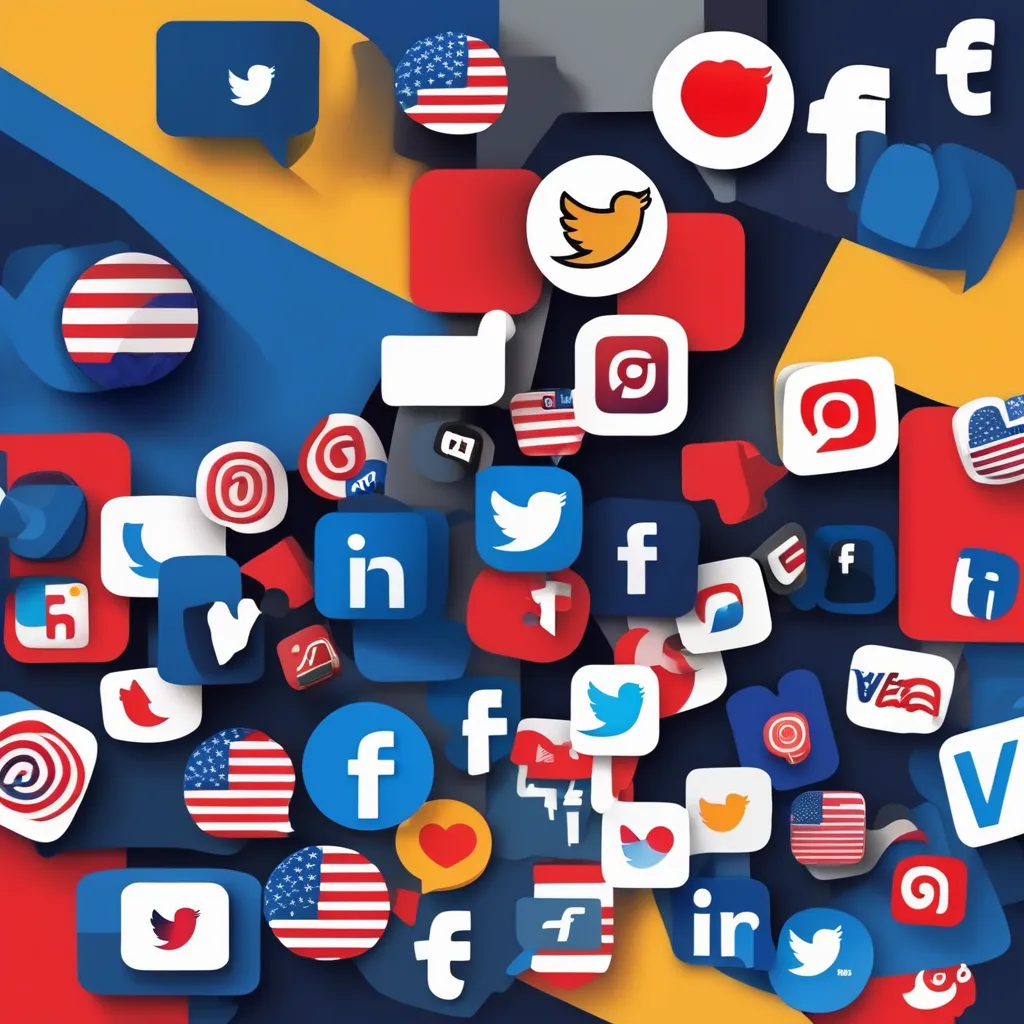
Social media has undeniably become a powerful force in shaping political discourse and influencing elections. In today’s digital age, platforms like Facebook, Twitter, and Instagram play a significant role in how we receive, consume, and engage political information. These platforms have the ability to reach millions of users instantaneously, making it easier than ever for politicians and citizens to voice their opinions and participate in the process.
One of the major of social media on political discourse is its ability to amplify voices that might not otherwise be heard. In the past, traditional media outlets controlled the narrative, broadcasting only select viewpoints to the masses. Now, anyone with an internet connection can voice their thoughts, ideas, and concerns, no matter how marginalized or underrepresented they may be. As a result, social media has become a platform for diverse perspectives and a catalyst for societal change.
However, the influence of social media on political discourse is not without its challenges. The speed and scale at which information travels on these platforms make them vulnerable to misinformation and manipulation. Fake news, propaganda, and disinformation campaigns can be disseminated rapidly, misleading voters and distorting public opinion. Platforms are working to combat these issues by implementing fact-checking mechanisms and algorithms to detect and flag false information. Yet, the battle against the spread of misinformation continues, emphasizing the need for media literacy and critical thinking skills among users.
Furthermore, social media has transformed election campaigns. Political candidates now heavily rely on platforms such as Twitter and Facebook to communicate directly with voters, bypassing traditional media intermediaries. This direct engagement allows candidates to target specific demographics, tailor their messages, and mobilize supporters more effectively. Moreover, social media opens avenues for citizens to actively participate in the political process, from organizing rallies and protests to engaging in online discussions and debates.
Nevertheless, the influence of social media on elections brings forth concerns about the integrity and fairness of the electoral process. The Cambridge Analytical scandal and reports of foreign interference serve as reminders of the potential dangers of the uninhibited use of social media data for political manipulation. It is crucial for platforms to prioritize user privacy, data security, and transparent advertising practices to uphold the democratic principles at the heart of free and fair elections.
In conclusion, social media has revolutionized political discourse and election campaigns. These platforms have given a voice to the previously underrepresented while simultaneously enabling misinformation to spread rapidly. They have empowered citizens to engage more actively in politics and allowed politicians to directly connect with their supporters. However, ensuring the integrity and fairness of elections in this digital age remains a paramount challenge. With continued efforts to combat misinformation and protect user data, social media can continue to be a powerful tool for political engagement and positive change.
Click here for more Article : https://socialinfozone.com/
